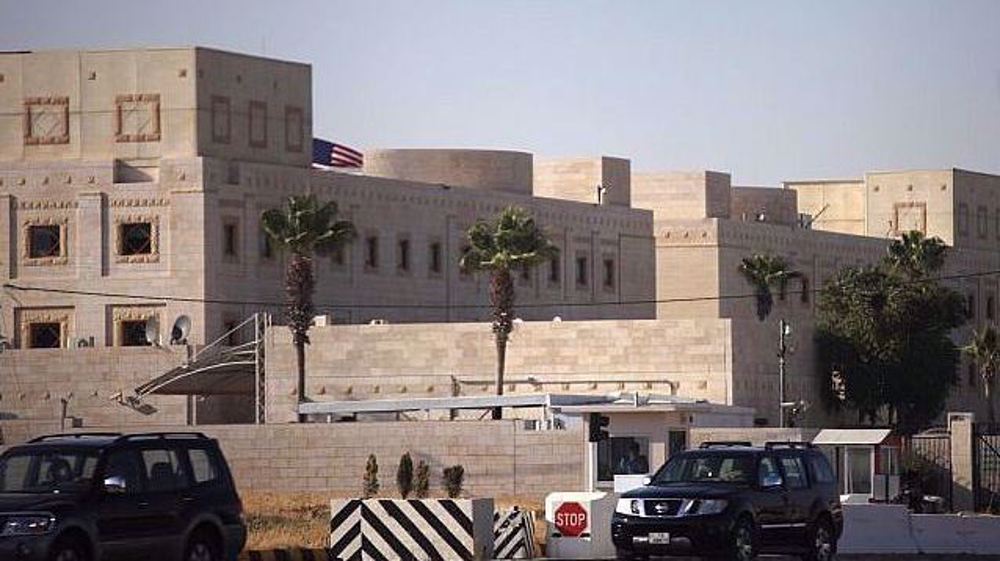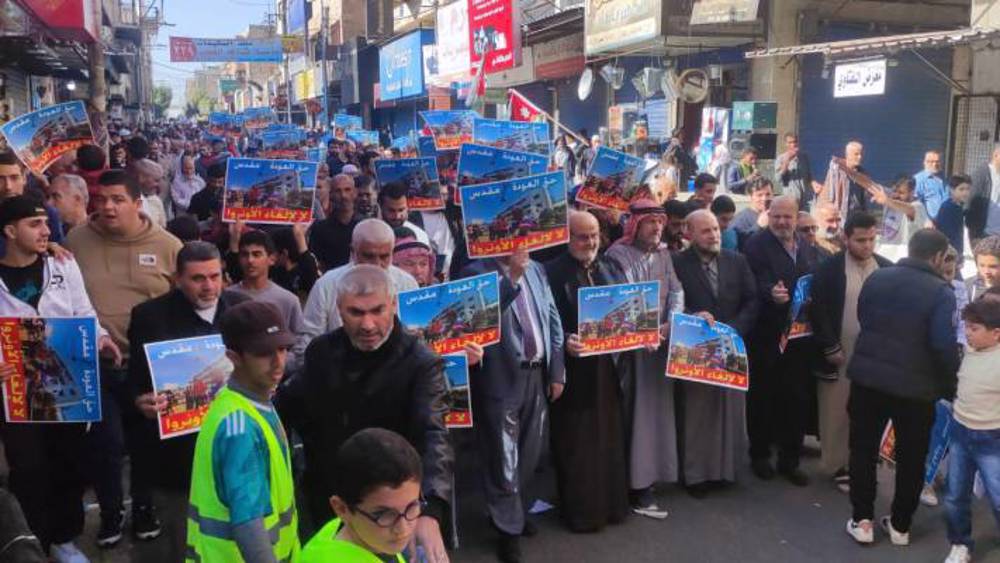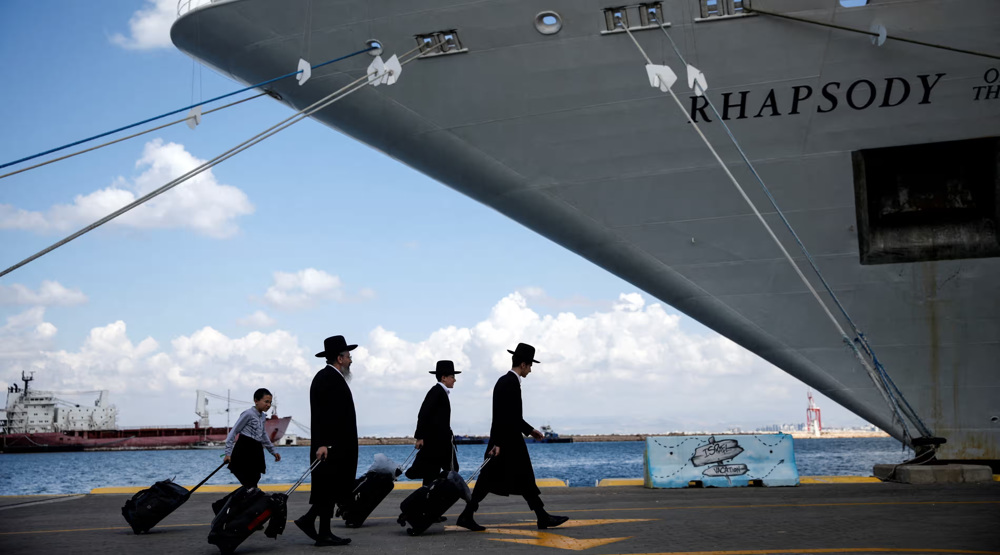Yemeni forces kill nearly dozen Saudi mercenaries in north
Nearly a dozen Saudi-sponsored militants loyal to Yemen’s former government have been killed after Yemeni forces thwarted their offensive in the northern province of al-Jawf.
A military source, speaking on condition of anonymity, said the pro-Riyadh mercenaries mounted an attack on Saturday evening to wrest control over al-Ghayl district in Jawf, Yemen’s al-Masirah satellite television reported.
Yemeni army forces and their allies, however, closed in on the Saudi mercenaries in the mountainous Wadi Iber area as the latter were moving towards al-Ghayl, killing 11 Saudi-backed mercenaries and wounding 10 others.
Yemeni army forces later recovered the bodies of seven Saudi mercenaries, whom their fellow militants had left in the area.
A few hours later, fighters from the Houthi Ansarullah movement and Popular Committees launched a barrage of rockets at a Saudi military camp in the Kofel area of Yemen’s central province of Ma’rib.
A Saudi colonel, identified as Abdullah Khalfan Balhid, reportedly lost his life in the attack.
Separately, five civilians were killed on Saturday when Saudi warplanes bombarded Attyal district in Sana’a Province.

On Sunday morning, Saudi fighter jets carried out a raft of airstrikes against Nihm district in the same Yemeni province, al-Ghayl and Maton districts in Jawf Province as well as al-Qabbaytah and Karsh districts of the southwestern Yemeni province of Lahij.
There were no immediate reports of casualties and the extent of damage caused.
Meanwhile, at least 20 people, among them six children, sustained injuries on Saturday when a bomb attached to a motorcycle went off inside an outdoor market in the northwestern city of Hajjah, located 127 kilometers (78 miles) northwest of Sana'a.
Elsewhere in the southern Yemeni province of Ibb, a bomber blew himself up inside a market, killing two people and injuring six others.

Saudi Arabia launched its military aggression against Yemen on March 26, 2015, in a bid to bring former Yemeni President Abd Rabbuh Mansur Hadi, a staunch ally of Riyadh, back to power and defeat the Ansarullah movement.
More than 9,400 people have been killed and at least 16,000 others injured since the onset of the aggression.
The Saudi strikes have also taken a heavy toll on the country’s facilities and infrastructure, destroying many hospitals, schools and factories. They have also driven 2.8 million people from their homes.
More than 80 percent of the population is in dire need of food, water and other humanitarian aid, according to the United Nations.
‘Ethnic cleansing’: Hamas blasts Israeli attacks on Gaza hospital amid intl. silence
Saudi delegation meets HTS leader at presidential palace in Damascus
Relentless Israeli ceasefire violations justify need for self-defense: Lebanese MP
Tel Aviv tells Damascus Israeli forces will remain in occupied territory: Report
Dec. 22: ‘Axis of Resistance’ operations against Israeli occupation
‘Abhorrent’: Oxfam says only 12 trucks delivered aid in North Gaza since Oct.
VIDEO | Leader receives religious eulogists on Hazrat Fatima birth anniv.
Pope Francis slams Israel’s ‘machine-gunning’ of Gaza children




















 This makes it easy to access the Press TV website
This makes it easy to access the Press TV website